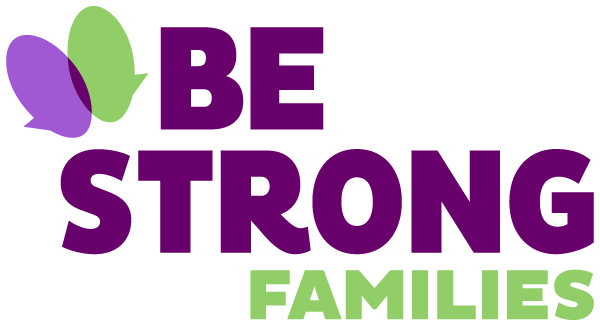Why Are Cafés So Great? – Café as a Type of Therapeutic Mental Health Service
Today’s focus is on Cafés as a type of therapeutic mental health service. Warning: It’s a tad subversive, intentionally disrupting the dominant paradigm. Here goes:
The main goal of mental health services is to help individuals achieve better mental and emotional well-being. If you bracket for a moment the assumption that all such services need to be provided by licensed professionals according to a medical model including diagnosis and treatment including medication (which are not necessarily super effective in many cases), Cafés do many of the things that therapeutic mental health services do — and for some people they even work better than conventional, evidence-based interventions. They can also be catalysts and gateways to accessing professional mental health services.
What similarities are there between Cafés and mental health services?
Cafés and mental health services both provide:
Emotional Support: a safe and supportive environment for participants to express their feelings, fears, and concerns without judgment.
Coping Strategies: In Cafés, individuals share healthy coping strategies and skills to manage stress, anxiety, depression, or other mental health challenges.
Behavioral Modification: Cafés can assist individuals in recognizing unhealthy behaviors and committing to adopting positive habits for improved mental health — and even getting professional help to do so.
Relapse Prevention: Cafés can help individuals identify triggers and develop plans to prevent relapse into previous negative patterns. Also, Café teams and groups that stay together support each other in staying positive.
Social Support: Cafés can function in part as support groups, reducing isolation and enhancing emotional well-being.
Crisis Intervention: Cafés can connect participants to people they can access in times of crisis or acute distress, people perhaps more accessible than traditional mental health services to provide immediate support and intervention to stabilize the individual’s mental state. These people can be staff of the host program or fellow Café participants.
Improved Functioning: Cafés can contribute to enhancing daily functioning, such as work, relationships, and overall quality of life. Many participants report improved relationships with their children and partner or spouse due to the social and emotional skills they learn and practice in Cafés.
Holistic Approach: Cafés assume the interconnectedness of mental, emotional, and physical health, addressing the whole person.
Self-Empowerment: Because there are no experts leading the process, Café participants understand their central role in their well-being and recovery, fostering a sense of empowerment and control.
Prevention: Cafés were developed and continue to serve as a primary prevention and education strategy, building skills to reduce the risk of future mental health and other life challenges.
Long-Term Wellness: Cafés focus on long-term well-being, helping individuals build resilience and maintain positive mental health.
Perhaps this is why some participants say that “Cafés saved their life”, that “Cafés were the only thing that made a difference for their long-term depression”, that “Cafés helped them find their tribe, find their voice, find their confidence, and get clear on what they wanted and how to move toward it”, that “As a result of Cafés, they are a better parent and a better wife”, that “Because of the Café, they are not in jail”, that “Cafés got rid of their social anxiety”, that if not for Cafés, “they weren’t sure they’d still be here". Cafés helped them want to live.
This is not necessarily hyperbole or exaggeration. Just like psychotherapy or “evidence-based” interventions like CBT, or anti-depressants don’t work for everyone, Cafés are not a panacea. They don’t replace medical professionals providing psychiatric treatment for psychoses.
And when they do work, they produce very similar outcomes to conventional mental health services — at less cost. So, Cafés can be understood as a kind of community-centered, therapeutic mental health service that is particularly effective at healing trauma. (More on that in our next blog!)
Have a wonderful day, and all of you out there hosting Cafés, consider yourselves part mental health worker, spreading the love that is the essence of healing.
